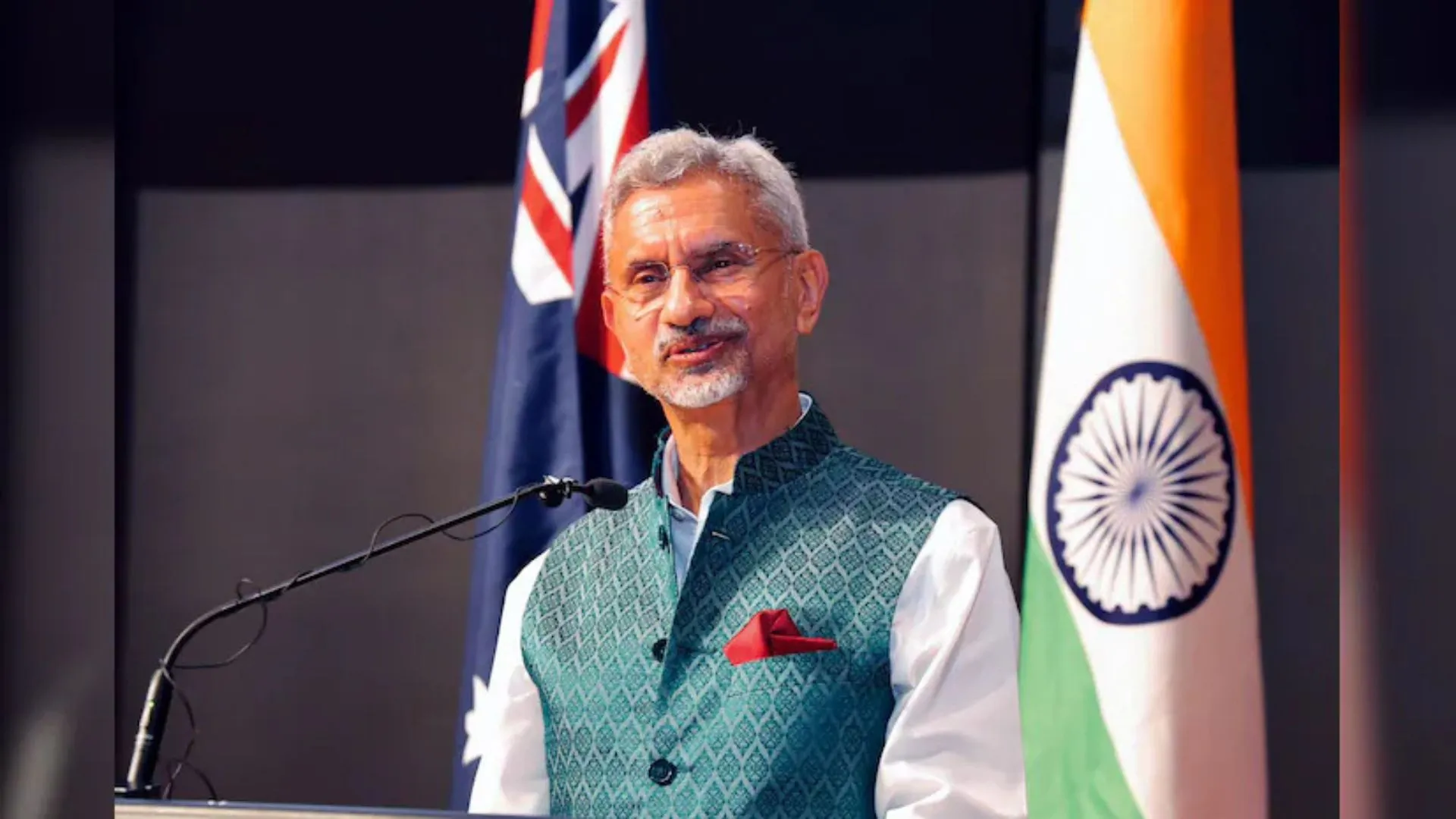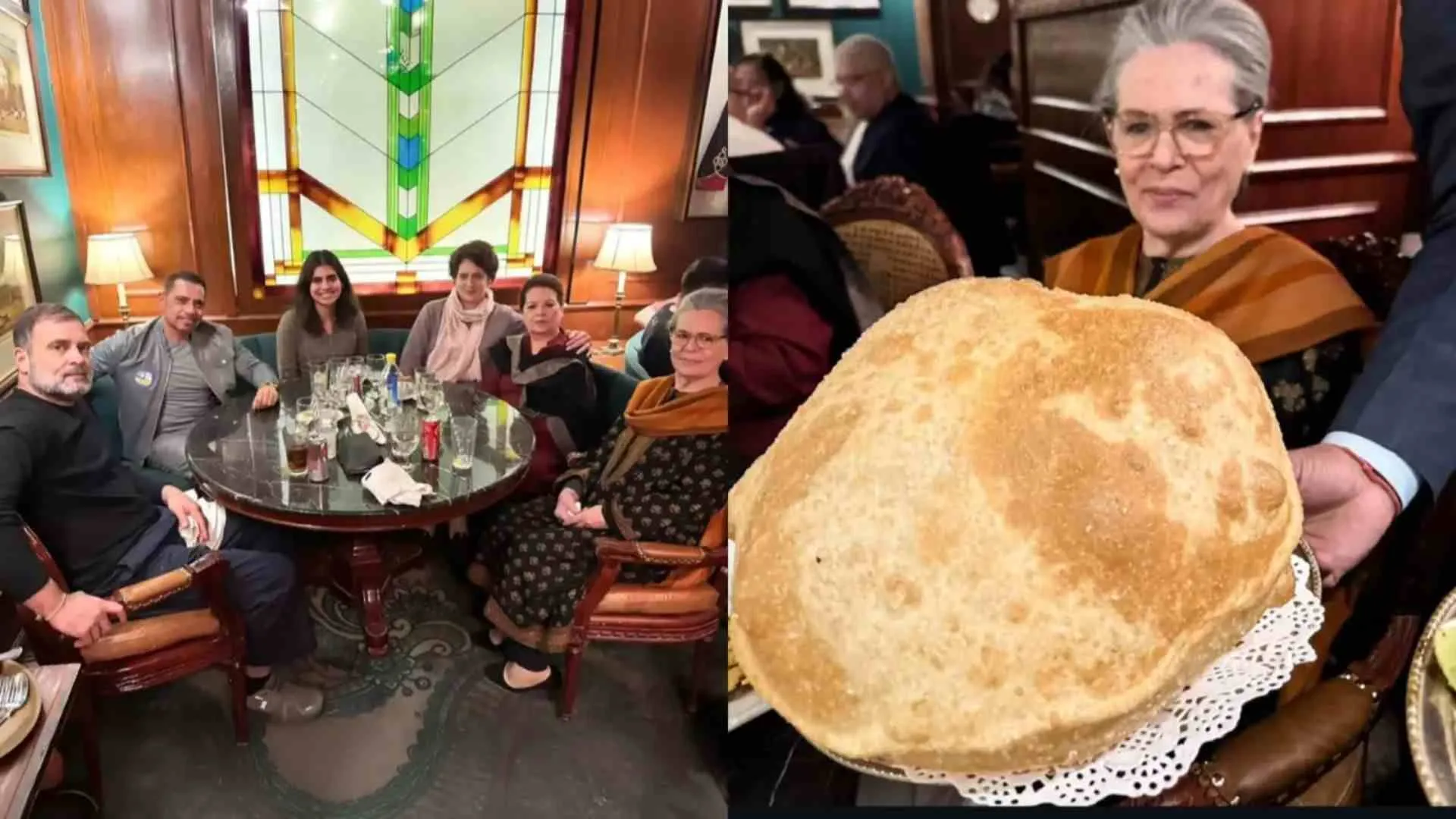0It must be certainly taken note especially by the litigants that the Lucknow Division Bench of the Allahabad High Court in a most learned, laudable, logical, landmark and latest judgment titled Prem Prakash Yadav vs Union of India in Writ – C No. -3990 of 2014 and cited in Neutral Citation No.: 2023:AHC-LKO:76437-DB that was pronounced as recently as on November 21, 2023 has minced just no words to observe in no uncertain terms that merely because a litigant has a right to file a writ petition either at Allahabad or Lucknow Bench, it does not give them a “kangaroo right” to hop around on whims between the two Benches. It also must be noted that the Court highlighted the acute difficulty that was confronting the Lucknow Bench due to the litigants preferring to file petitions pertaining to the same subject matter before both Allahabad and Lucknow Benches of the High Court. What also cannot be missed out is that the Court noted that the present petition was filed by the petitioner at Lucknow, however, previously he had filed two other petitions at the Allahabad Bench seeking relief concerning the same property!
It must be underscored that the Bench emphasized that though the petitioner has the right to file a writ petition in any court of their choice, it still doesn’t grant them an unrestricted right to change jurisdictions whimsically. The Court also took into account that the difficulties that it faced are due to the petitioner’s choices. It was thus held by the Bench that constantly changing forums is highly inconvenient for the Court and the petitioner is expected to stick to their initial choice unless providing compelling reasons for changing. We thus see that in this leading case the Court dismissed the petition.
At the very outset, this brief, brilliant, bold and balanced judgment authored by a Division Bench comprising of Hon’ble Mr Justice Vivek Chaudhary and Hon’ble Mr Justice Manish Kumar sets the ball in motion by first and foremost putting forth in para 1 that, “Heard learned counsel for parties.”
To put things in perspective, the Division Bench envisages in para 2 that, “Petitioner, a practicing advocate claims himself to be a tenant of House No. 23, Stanley Road, Allahabad (new number being 85) built upon Nazul land bearing Nazul Plot No. 22 AA situated at Civil Station, Allahabad. The said plot was registered under the name of Smt. Chandrakala Devi. On 16.06.2001, approval was granted for conversion of the said Nazul Land into freehold in favour of legal heirs of late Smt. Chandrakala Devi. A sale deed was executed by legal heirs of Late Smt. Chandrakala Devi on 18.08.2001 in favour of respondent Nos. 8 to 10. By the present petition, petitioner is praying for the quashing of a government policy decision dated 26.02.2014 whereby approval was given to revise rates for conversion of Nazul property into freeholds and change in Nazul policy. He is also challenging Clause 10 of Notification dated 04.03.2014. A prayer for quashing of deed dated 07.07.2001 whereby in pursuance of order dated 16.06.2001, a sale deed was executed by the State in favour of legal heirs of Late Smt. Chandrakala Devi. A prayer seeking mandamus commanding the respondents to not interfere in petitioner’s possession over House No. 23, Stanley Road, Allahabad (built on Nazul Plot No. 22AA).”
Do note, the Division Bench notes in para 3 that, “Sri Gaurav Mehrotra, assisted by Ms. Maria Fatima, learned counsel for respondent Nos. 8 to 10 questions the maintainability of present petition at Lucknow. He submits that petitioner has previously filed a writ petition bearing number Civil Misc. Writ Petition No. 17060 of 2002 (R. S Yadav and Anr. v. State of U.P. and Ors.) at Allahabad praying for mandamus commanding respondents therein to execute sale deed in favour of petitioner for the same Nazul property, which was disposed of by its judgment and order dated 19.02.2009, with observation that State is not duty bound to execute a sale deed in favour of any individual. Another writ petition bearing number Writ- C No. 15798 of 2010 (Prem Prakash Yadav v. Union of India and Ors.) is also filed by the present petitioner at Allahabad wherein he has prayed for essentially the same reliefs with regard to same property. This is the third petition filed by the petitioner now at Lucknow with regard to the same property. He submits that filing of third petition at Lucknow, after filing two earlier petitions at Allahabad amounts to forum hunting and is against the settled principle of law that once a forum has been chosen by a party he should stick with the same forum with regard to all future litigation in the said matter. In support of his submissions, learned counsel for the petitioner has placed reliance upon a reported judgment of the Supreme Court in the case of Kusum Ingots & Alloys Ltd. vs Union of India and Another;(2004) 6 SCC 254.”
Most forthrightly, the Division Bench mandates in para 9 stating that, “No doubt petitioner is master of his petitions. In case jurisdiction partially falls at Lucknow in appropriate case a petition can be filed at Lucknow also. But in the present matter earlier repeatedly petitioner chose to file petitions at Allahabad and some of them are pending at Allahabad. The said fact ought to have been disclosed by the petitioner in the very first paragraph of his writ petition. The same was not done. Even otherwise, the unique position with regard to Allahabad High Court is that under Clause-14 of United Provinces High Court (Amalgamation) Order, 1948 the petitions can be transferred by the Chief Justice while sitting at Lucknow to Allahabad but same can neither be transferred by him from Allahabad to Lucknow nor any Court can summon them. The matters at Allahabad can only be heard at Allahabad. Therefore, in the given circumstances, this Court can not summon the records from Allahabad. It creates a unique difficulty. Thus, in this peculiar situation it is necessary that once petitioner chooses between Lucknow or Allahabad for filing his petitions the same is a judicial discipline and ought to be followed in later petitions, if any filed. In absence of the same it becomes difficult for Courts at Allahabad and Lucknow, to have all the matters together and decide the same. Petitioner in garb of his power to chose forum cannot cause inconvenience to Court and keep list pending unnecessary in bifurcated manner.”
It is worth noting that the Division Bench notes in para 10 that, “This type of disputes are frequently occurring before this Court. The difficulty faced by the Court, in the aforesaid circumstances, where a case cannot be transferred from Allahabad to Lucknow while they can be transferred from Lucknow to Allahabad only when Chief Justice of High Court sitting at Lucknow passes an order under Clause 14 of the United Provinces High Court (Amalgamation) Order, 1948, creates unnecessary hurdle in disposal of cases, if jurisdiction is changed from one place to another by the parties to the dispute. It needs to be solved.”
Quite significantly, we see that the Division Bench then propounds in para 11 holding that, “Merely because petitioner has a right to file writ petition before any Court of their choice either at Allahabad or Lucknow, it does not give them a kangaroo right to hop around jurisdiction on whims. It is not only his convenience, which is to be looked into, but convenience of all related is also relevant, including that of Court. Facts of this case are a glaring example of the same. The difficulty being faced by this Court is created by petitioner only.”
Most significantly, the Division Bench then expounds in para 12 holding very clearly that, “A party has a choice to invoke jurisdiction of this Court either at Allahabad or at Lucknow and once they have exercised the said choice, parties should restrict themselves to their initial choice of forum while filing later petitions. Hopping around forums would be highly inconvenient to the working of the Court as in the present case. Once petitioner chooses a jurisdiction, out of many available, in normal course, he should stick with the same, unless he can provide cogent reasons for his hopping around. In the present case the petitioner has not provided any such reasons.”
As a corollary, the Division Bench then holds in para 13 directing that, “In view thereof, the writ petition is dismissed with liberty to petitioner to file the same at Allahabad.”
Finally, the Division Bench then concludes by holding in para 14 that, “Interim order, if any, stands vacated.”
In a nutshell, we can thus easily draw the inference that the Lucknow Bench of the Allahabad High Court comprising of Hon’ble Mr Justice Vivek Chaudhary and Hon’ble Mr Justice Manish Kumar have pulled back no punches to criticize “forum shopping” most stridently and made it absolutely clear that litigants have no ‘kangaroo right’ to hop around jurisdiction on whims.
The Court most sagaciously suggested the need for judicial discipline in choosing clearly between Lucknow and Allahabad to avoid any kind of inconvenience and pending lists in a bifurcated manner. It also definitely merits no reiteration that the Division Bench very rightly held that the petitioner is expected to stick to their initial choice unless compelling reasons are provided for changing. No denying or disputing it!







